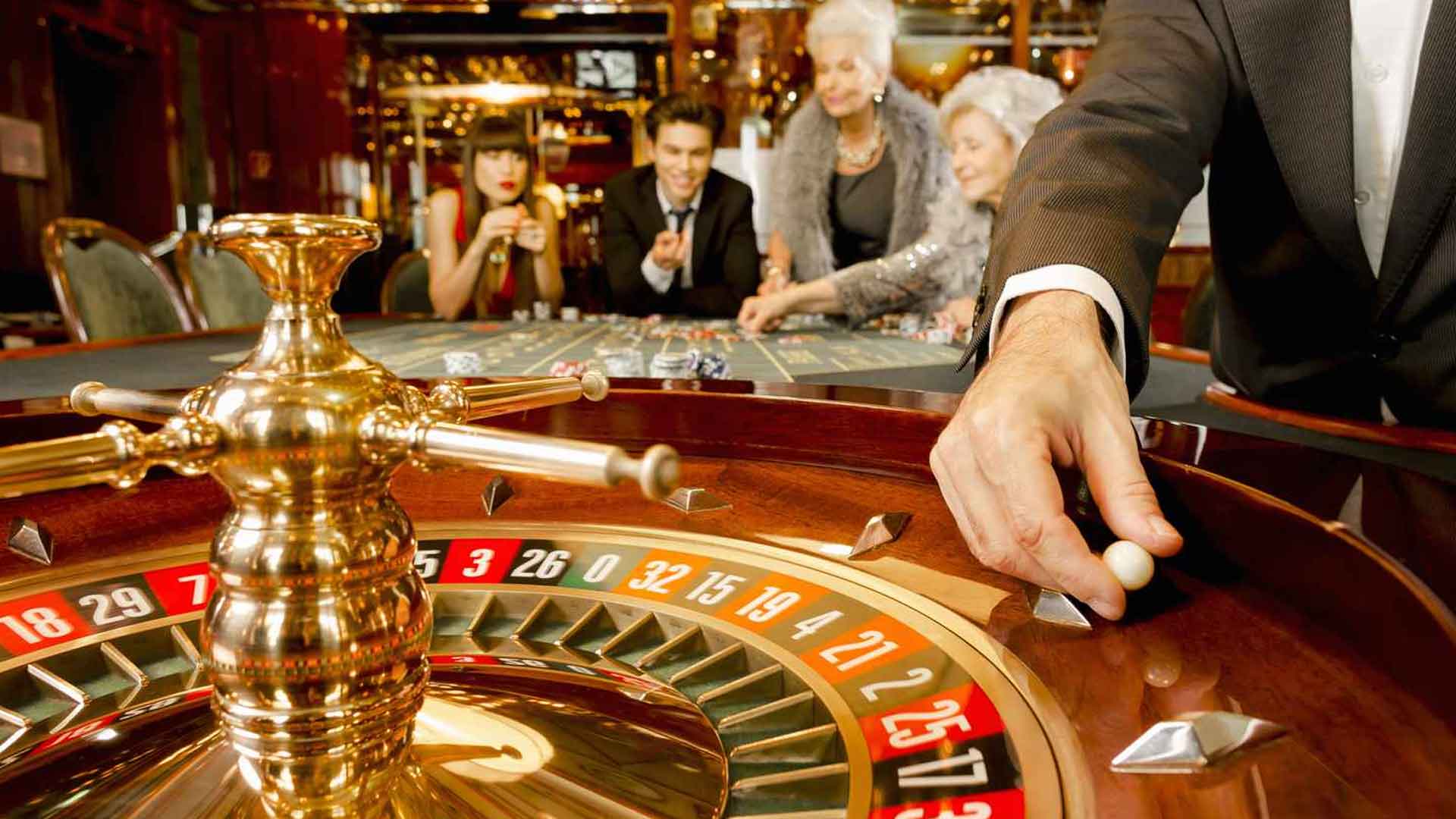The Mystery Behind Lucky Numbers

The Mystery Behind Lucky Numbers
From ancient civilizations to modern-day lottery players, humanity has always been fascinated by the concept of lucky numbers. But what are they, really? Are certain digits cosmically aligned to bring good fortune, or is their power purely a product of the human mind? The mystery behind lucky numbers is a captivating blend of cultural tradition, psychology, and personal belief that has intrigued people for millennia.
At its core, a lucky number is a digit or a series of digits that an individual or a culture believes to be auspicious. This belief isn't random; it's often rooted in deep historical, religious, and linguistic contexts. The power of these numbers is not inherent in the numbers themselves but in the meaning we assign to them.
Cultural Significance: A Global Tapestry of Numbers
The perception of which numbers are lucky varies dramatically across the globe, showcasing a rich tapestry of cultural beliefs.
In many Western cultures, the number seven is widely considered the luckiest. Its prevalence is undeniable: there are seven days in a week, seven wonders of the ancient world, and seven colors in a rainbow. This number holds significant weight in many religions, often symbolizing completeness and perfection, such as the seven days of creation in the Bible. This long-standing cultural reinforcement has cemented its status as a go-to lucky charm.
Contrast this with East Asia, particularly China, where the number eight (八, bā) reigns supreme. Its luckiness stems from a simple phonetic similarity; it sounds like the word for "wealth" or "prosper" (發, fā). This belief is so strong that it influences major life decisions, from choosing a phone number or license plate to scheduling significant events. The most famous example is the Beijing Olympics, which commenced at 8:08 PM on August 8th, 2008 (8/8/08).
Conversely, some numbers are deemed unlucky. The number thirteen is feared in many Western societies, a superstition known as triskaidekaphobia. Its origins are debated but are often linked to the Last Supper, where there were thirteen individuals present. In many parts of Asia, the number four is considered unlucky because it sounds similar to the word for "death."
The Psychology Behind Our Belief in Lucky Numbers
While culture provides the foundation, psychology explains why we cling to these beliefs on a personal level. The human brain is wired to find patterns and create meaning, even in random events. This leads to several cognitive biases that reinforce our belief in lucky numbers.
One key factor is the "illusion of control." In situations governed by chance, such as gambling or a lottery drawing, we feel helpless. By choosing a "lucky" number—perhaps a birthday, an anniversary, or a number that has brought us luck in the past—we create a sense of agency. It feels as if we are influencing the outcome, which provides comfort and reduces anxiety.
Confirmation bias also plays a significant role. We tend to remember the times our lucky number "worked" and forget the many instances it did not. If you bet on your lucky number 17 and win, that event becomes a powerful, memorable confirmation of its power. The dozens of times it didn't win are easily dismissed and forgotten.
Numerology and Finding Your Personal Number
Taking the concept a step further is numerology, an ancient belief system that assigns mystical significance to numbers based on calculations. In numerology, everything can be reduced to a single-digit number, each with its own unique vibration and meaning. A common practice is calculating a "Life Path Number" by adding up the digits of one's birth date until a single digit is reached.
For example, someone born on May 15, 1992 (5/15/1992) would calculate their number as follows: 5 + 1 + 5 + 1 + 9 + 9 + 2 = 32. This is then reduced further: 3 + 2 = 5. According to numerologists, this person's life would be influenced by the energies associated with the number 5, such as freedom, adventure, and change. Whether scientifically valid or not, it provides people with a personalized connection to a number they can call their own.
Lucky Numbers in Games of Chance
Nowhere is the belief in lucky numbers more prevalent than in the world of gaming and gambling. From choosing lottery tickets to placing bets on platforms like m88 sport com, these personal digits often guide decisions in the world of chance. Players often stick to their set of lucky numbers for years, believing that their turn to win is just around the corner. While statistically every number has an equal chance of being drawn, the emotional and psychological pull of a lucky number is often too strong to ignore.
Ultimately, the mystery of lucky numbers is less about magic and more about the human experience. They are a reflection of our cultures, our psychology, and our innate desire to find order and meaning in a chaotic world. Whether it's the number 7, 8, or your own personal birth date, a lucky number is a small piece of faith we carry with us—a personal talisman that gives us hope and a feeling of control, no matter how illusory it may be.